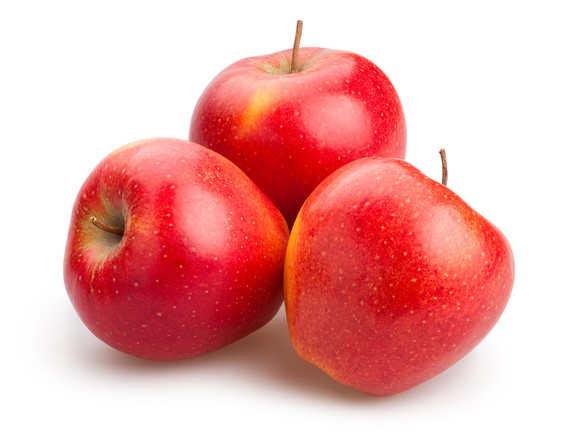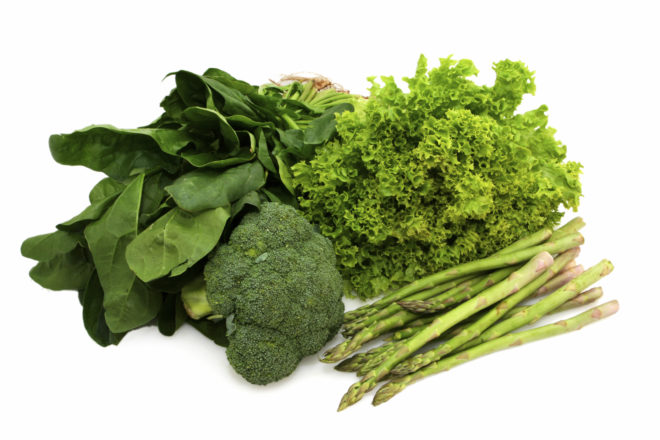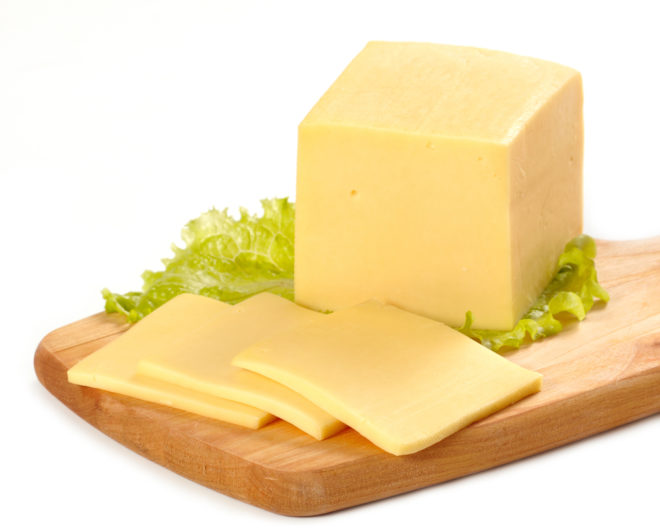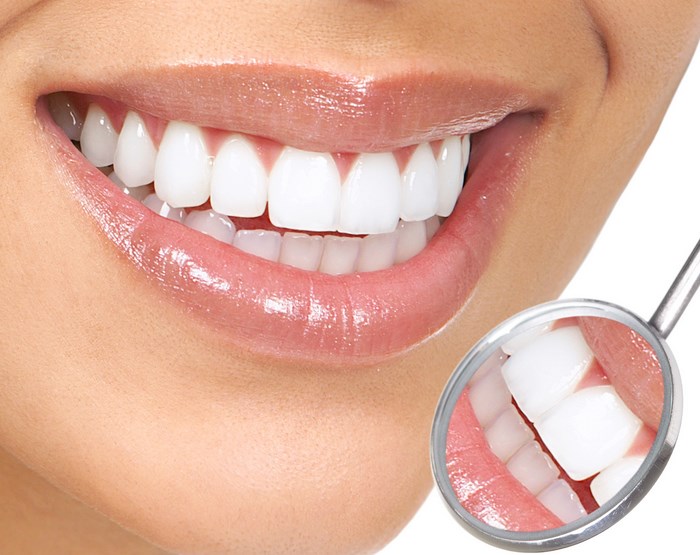If you’re anything like me, when you think about your teeth your main concern is likely to be about how white they are, however it’s also important to think about the overall health of your teeth and not just the whiteness.
Teeth should be healthy too, they are an important part of the body after all as they help you crunch all that delicious food you like so much. So yes, dental health is more important that many of us realize and of course what we eat has a role to play in this.
Starting from childhood, what we eat influences how our teeth develop, and once we are all grown, with all our teeth, what we eat plays a role in maintaining our dental health.
If you consume too many sugar-filled sodas, sweetened fruit drinks or non-nutritious snacks, you could be at risk for tooth decay. Tooth decay happens when plaque come into contact with sugar in the mouth, causing acid to attack the teeth. It’s also the single most common chronic childhood disease, but the good news is that it is entirely preventable by being careful with what goes into your mouth.
Some foods that can help you achieve your dental health goals include:

Apples
Although it is generally recommended to stay away from most sweet foods, there are some exceptions. Fruits, such as apples, might be sweet, but they’re also high in fiber and water. Also, the action of eating an apple produces saliva in your mouth, which rinses away bacteria and food particles. The fibrous texture of the fruit also stimulates the gums. Eating an apple isn’t the same as brushing your teeth but it still helps to clean your teeth, so include either a whole apple or apple slices in your lunch to give your mouth a good scrubbing at the end of the meal.

Leafy Greens
Leafy greens typically find their way onto any healthy foods list. This is mainly because they’re full of vitamins and minerals while being low in calories. Leafy greens such as our local ugu and spinach also promote oral health. They’re high in calcium, which builds your teeth’s enamel. They also contain folic acid, a type of B vitamin that has numerous health benefits. If you have trouble getting leafy greens into your diet, try having more vegetable based soups with smaller amounts of ‘swallow” You can also try adding some greens to a smoothie.

Yogurt
Not the sachet type that’s readily available in traffic of course, but yogurt is high in calcium and protein, which makes it a good pick for the strength and health of your teeth. The probiotics, or beneficial bacteria, found in yogurt also benefit your gums because the good bacteria crowd out bacteria that cause cavities. If you decide to add more yogurt to your diet, choose a plain variety with no added sugar.
Carrots
Like apples, carrots are crunchy and full of fiber. Eating a handful of raw carrots at the end of the meal increases saliva production in your mouth, which reduces your risk of cavities. Along with being high in fiber, carrots are a great source of vitamin A. Carrots make a great snack so maybe try replacing your typical snacks *hint hint puff puff/meatpie/doughnut* with some carrots.

Cheese
If you’re one of the many people who profess a love of cheese, you now have another reason to enjoy this tasty food. A study published in the May/June 2013 issue of General Dentistry, the journal of the American Academy of General Dentistry, reported at EurekAlert! found that eating cheese raised the pH in the subjects’ mouths and lowered their risk of tooth decay. It’s thought that the chewing required to eat cheese increases saliva in the mouth. Cheese also contains calcium and protein, nutrients that strengthen tooth enamel.
To summarize, Eat a mostly whole foods diet with lots of lean protein and fresh vegetables
Avoid most processed foods, especially those that are high in simple sugars.
Take your fish oil.
It also helps to pay attention to what you’re drinking. Since it has no calories or sugar, water is always the best pick, especially compared to juice or “minerals”.
For good dental health, always remember to brush twice a day with fluoride toothpaste floss daily and visit your dentist regularly (ideally every 6 months) With regular dental care, your dentist can help prevent oral problems from occurring in the first place and catch those that do occur in the early stages, while they are easy to treat.
Always remember that your diet makes a big difference when it comes to a healthy smile.






